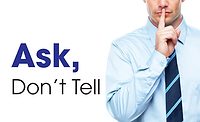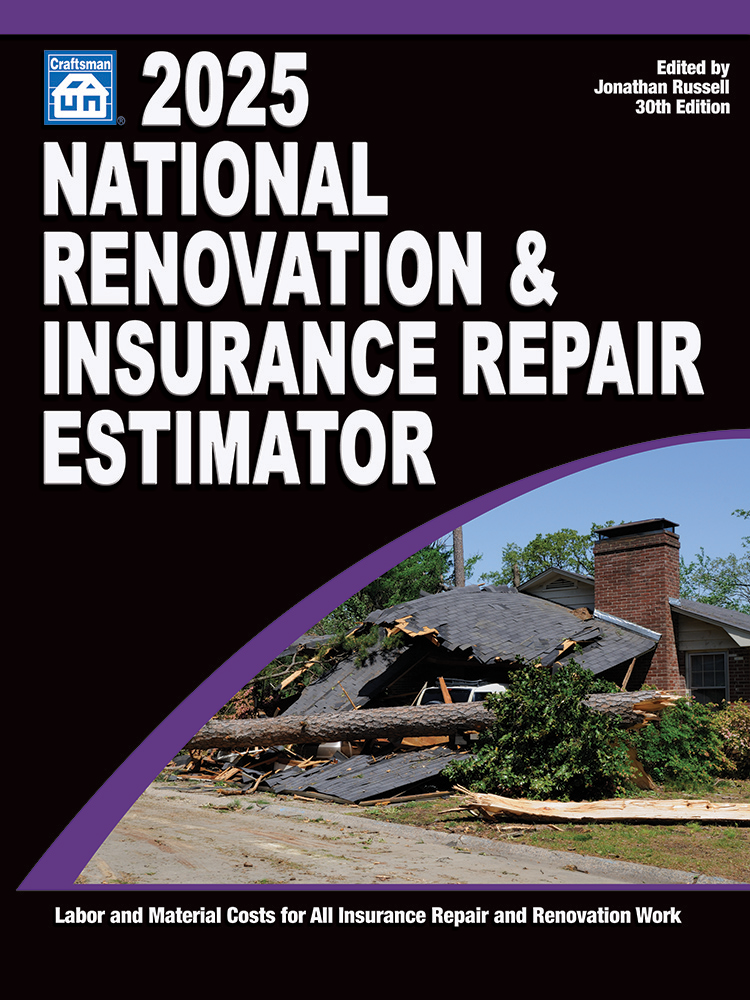Mastering the New Year: Sales Strategies for Professionals in 2025

Credit: Wavebreakmedia / iStock via Getty Images Plus
We’re in month three of the new year. Did you make a New Year’s resolution? How’s it going?
For many, New Year’s resolutions often focus on self-improvement, whether it’s getting fit, boosting mental health or creating better eating habits. Yet, year after year, the same statistic remains true: less than 25% of people stick with their resolutions beyond 60 days, and less than 10% achieve their goals.
But what if we could improve our goal-setting and accountability—not just personally but professionally? For sales professionals, the start of a new year is an opportunity to set fresh sales targets and elevate performance. Unlike fleeting resolutions, a well-crafted sales plan can guide you to measurable success throughout the year.
If you want to make 2025 your best sales year yet, your key resolution should be crafting a comprehensive sales plan with clear, actionable strategies. Share this plan with your sales manager, business owner and sales and marketing team to foster collaboration and accountability. To make it effective, follow the SMARTER framework: Specific, Measurable, Achievable, Relevant, Time-bound, with regular Evaluation and Review. This framework ensures your goals stay focused, adaptable and achievable.
Here are five essential sales strategies, each with a practical tip, that I recommend sales professionals incorporate into their 2025 sales plan. If your plan doesn’t include these strategies, or if you don’t have a plan at all, it’s not too late to change that.
-
Focus on relationship building, not just selling.
Don’t just show up and start pitching a service. Instead, create meaningful connections and build trust by showing an interest in the prospect’s business. Understand their specific needs, challenges and goals and then build the conversation around how your services can help solve their problems.Tip: Allocate 15-30 minutes in your daily schedule to research the prospects you plan to call on the next day. Use tools such as social media, company websites, industry group websites and online industry publications.
-
Leverage technology for smarter outreach.
As technology continues to evolve, artificial intelligence (AI) is a hot topic for sales professionals. From AI-driven CRM tools to personalized email templates and scheduling platforms, technology streamlines the sales process, saving time and boosting effectiveness. Sales professionals should be embracing this game-changing tool—which is as revolutionary as the mobile phone was over four decades ago—and incorporating AI into their sales plans.Tip: Use the AI tool in your CRM to send personalized follow-up messages after each sales call or tailor your pitch based on industry-specific challenges and/or previous meetings.
-
Deliver a strong value-centric introduction.
First impressions are everything in sales. The initial 10 seconds can make or break the conversation. Instead of leading with what you do, create credibility by starting with a statement that addresses common pain points for businesses in their industry. Prepare ahead by having good questions to ask. Then listen. Then follow up with additional questions based on the prospect’s answers.Tip: “Many businesses like yours tell me they’re struggling with [specific issue]. Does this sound familiar?” Build credibility by referencing your prior research. Use the same 15-30 minutes of dedicated time mentioned earlier to prepare for these conversations.
-
Be prepared to run the second mile.
Success in sales is about delivering value before asking for anything in return. Value-added handouts (VAH) remain a highly effective tool because they offer prospects something tangible and useful—helpful information that positions you as a trusted resource, not just another salesperson.Tip: Create a social media calendar with monthly themes. Build VAHs, such as checklists, industry-specific maintenance tips, or brief guides that help prospects better manage their business, around these themes. When prospects see that you understand their world, they’re more inclined to view you as a valuable partner.
-
Master the art of the follow-up.
Persistence is key in sales. A sales professional stands out from the competition by staying organized, mixing up their communication channels, and always adding value. Develop a structured follow-up cadence using a mix of phone calls, personalized emails and even handwritten notes for a personal touch.Tip: Not every follow-up needs to be immediate. Give prospects enough time to process your initial pitch, but don’t wait so long that they forget who you are. A good rule of thumb is to follow up within 48 hours of initial contact and then establish a regular cadence thereafter. I highly recommend sending an email with an attention-grabbing subject line, several questions in less than 150 words in the body, and an attached 90-second asynchronous video crafted by a tool such as Loom or Vidyard.
Sales isn’t about quick wins. It’s about consistent effort, genuine connections and delivering value at every step. Create a plan, share it, and hold yourself accountable. Implement the above strategies, stick to the process, and remember that persistence pays off. The results won’t come overnight but, with dedication, the effort you put in today will lead to long-term success. So, get out there, stay focused and make 2025 your best sales year yet.
Looking for a reprint of this article?
From high-res PDFs to custom plaques, order your copy today!








